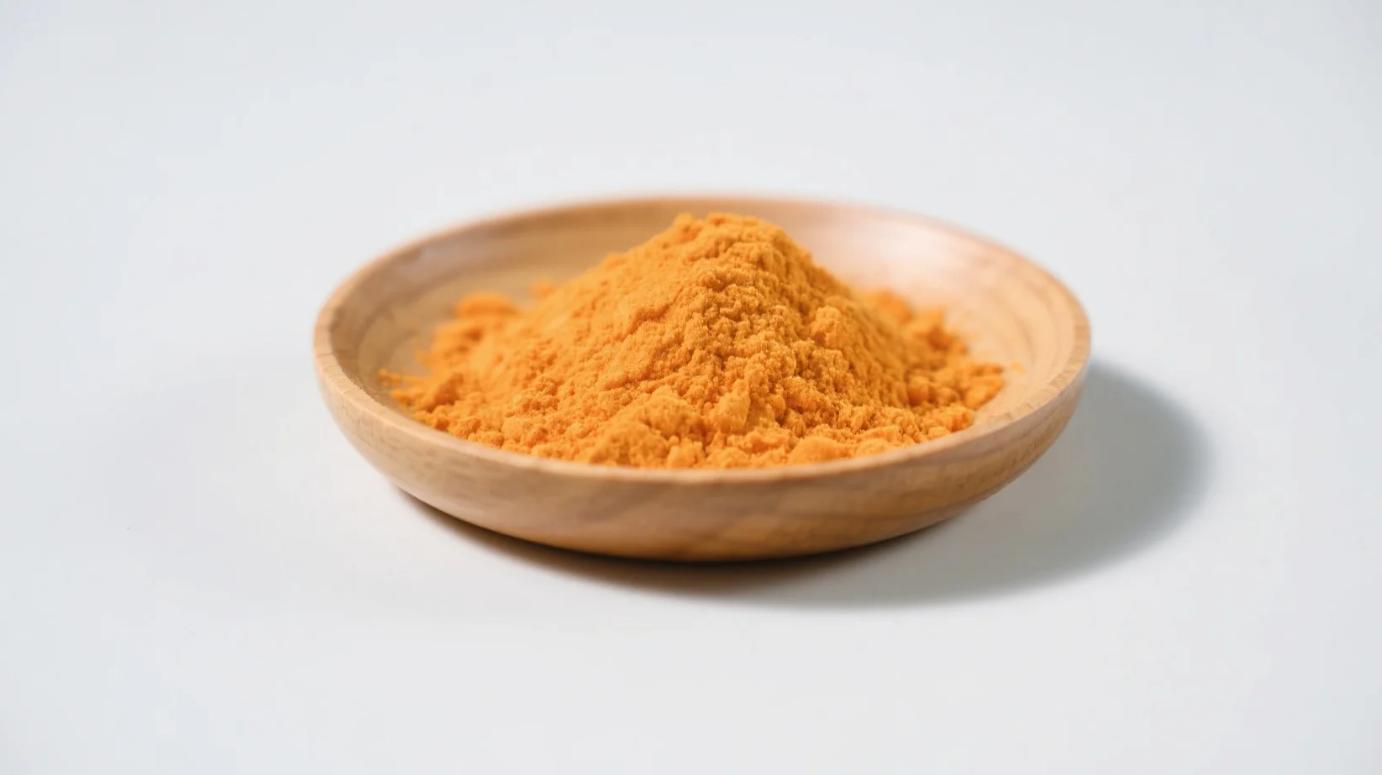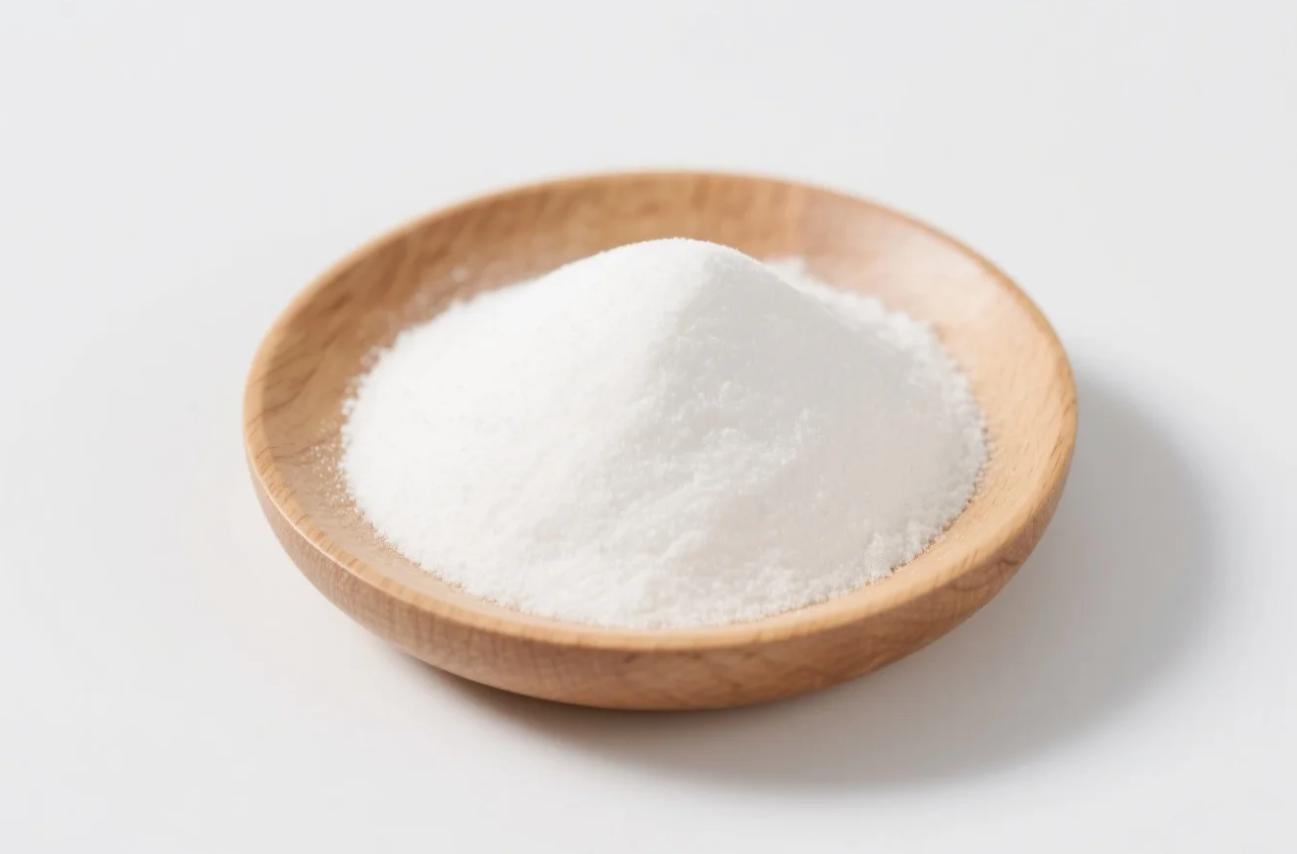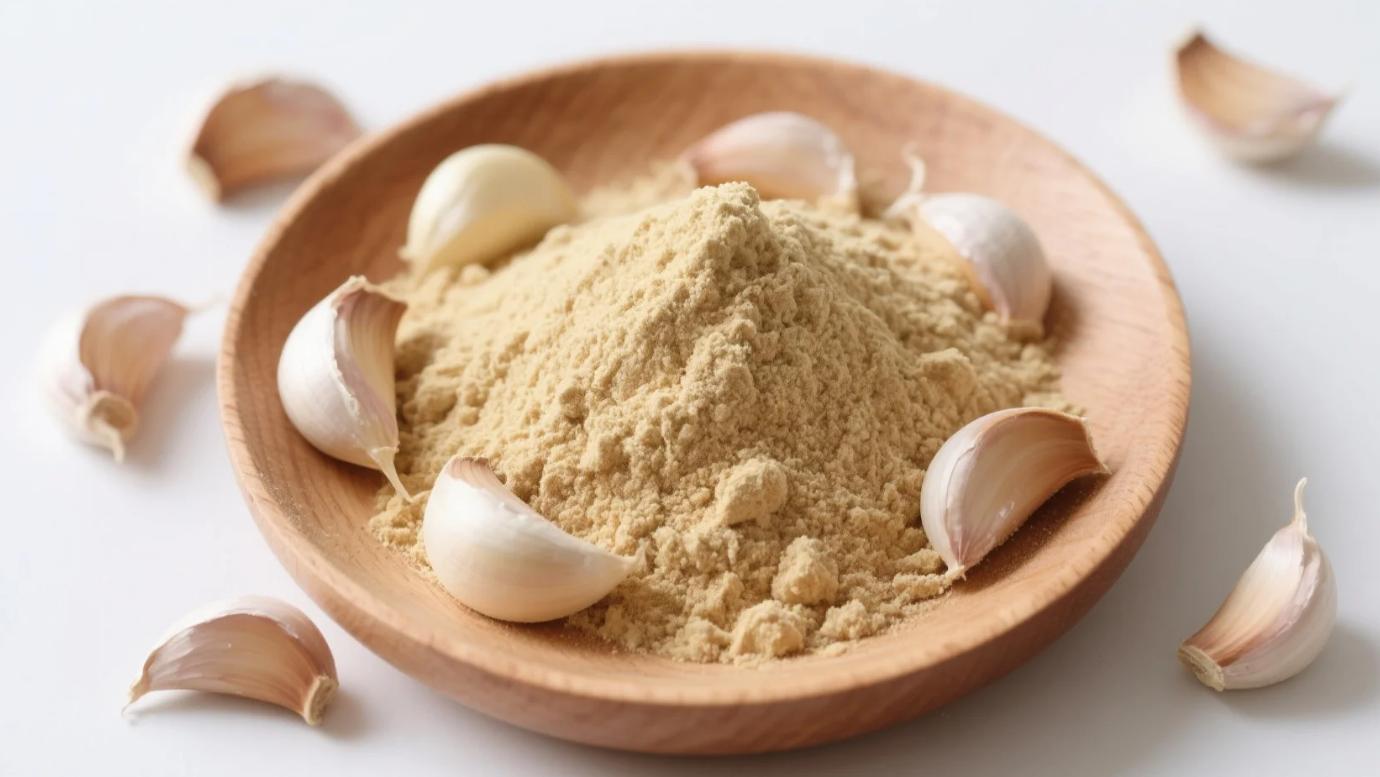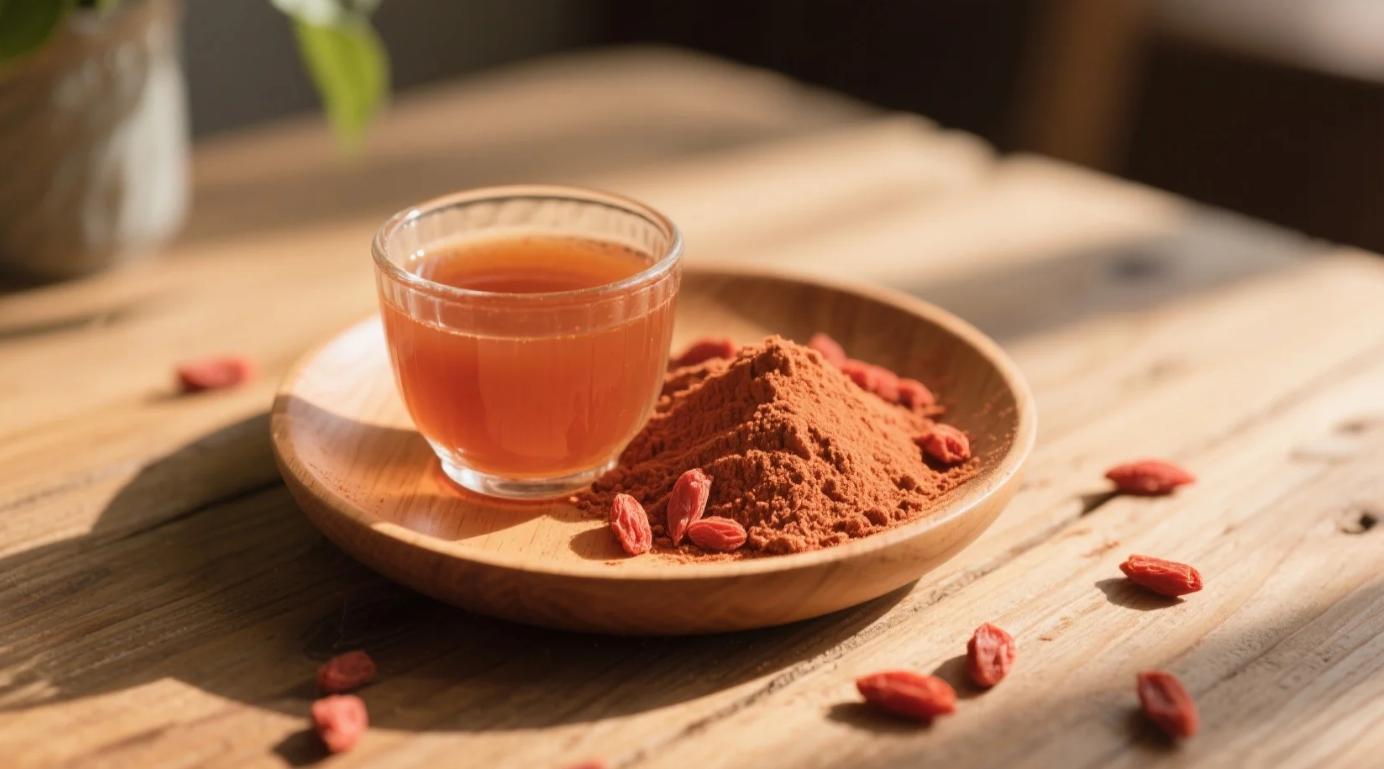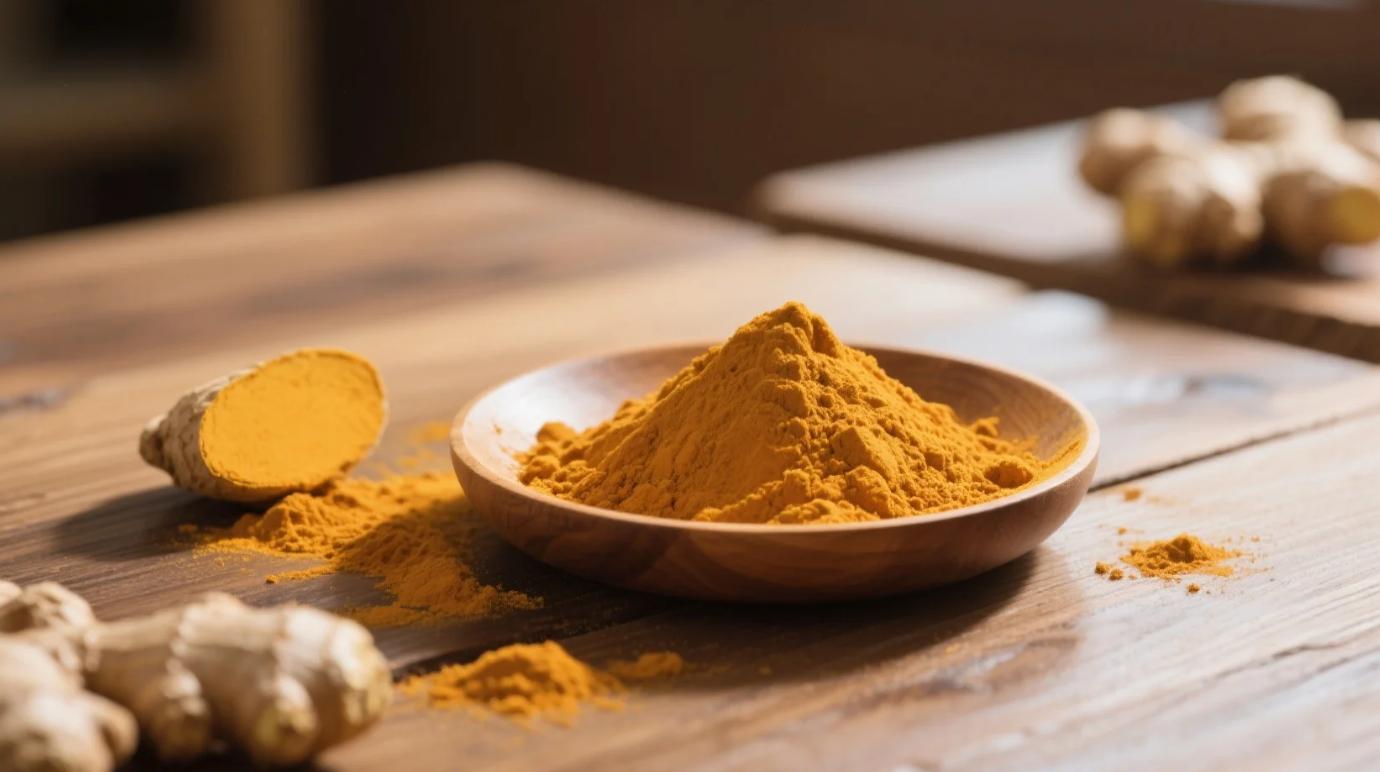Table of Contents
After testing a dozen organic orange powders in professional kitchens and home pantries, I uncovered a critical divide: “juice powders” often hide fillers, while true whole-fruit powder revolutionized recipes I’d abandoned. Here’s how both work in practice—and how to avoid wasting money.
The Core Difference Between Orange Powder Types
- Dried Whole Orange Powder: Includes peel, pulp, and pith — delivers fiber, flavonoids, and subtle bitterness.
Best suited for: Savory dishes, gut health support, natural food preservation. - Orange Juice Powder: Dehydrated juice only — pure sweetness and vitamin C concentration.
Best suited for: Instant drinks, candies, or Vitamin C boosts.
Culinary Applications Tested by Chefs
1. Flavor-Enhancing Spice Blends
- Whole Powder Application: Combine 1 tablespoon whole powder with 2 teaspoons smoked paprika and 1 teaspoon garlic powder.
→ Use as a rub for proteins; activates faster caramelization due to peel flavonoids. - Juice Powder Limitation: Burns at high heat — avoid roasting or grilling.
2. Shelf-Stable Citrus Solutions
- Juice Powder Hack: Reconstitute 1 teaspoon with 8oz water for brighter flavor than store-bought juice.
- Pro Adjustment: Add a pinch of citric acid to mimic fresh-squeezed tartness.
3. Baking Secret Weapon
- Whole Powder Advantage: Replace 25% of flour in cakes — adds golden color while tenderizing gluten.
- Juice Powder Alternative: Best for dusting desserts or sweet glazes.
Health and Wellness Uses
4. Gut Health Support
- Whole Powder Power: Peel-derived hesperidin feeds Akkermansia bacteria (3g/day reduced bloating in trials).
- Morning Routine: Stir ½ teaspoon into yogurt.
5. Vitamin C Preservation
- Juice Powder Science: Freeze-dried versions retain 98% vitamin C vs. 40% in refrigerated juice.
- Critical Note: Avoid brands blended with maltodextrin — destroys heat-sensitive nutrients.
Avoiding Common Product Scams
- Fake “100% Juice Powder”: Many contain 40% maltodextrin filler. Test by mixing in water — cloudiness signals additives.
- Pesticide Risks in Peels: Citrus ranks highest for pesticide residues. Insist on USDA Organic with peel-specific lab reports.
- Rancidity in Whole Powders: A sour smell indicates oxidized oils. Seek nitrogen-flushed packaging.
Practical Comparison: When to Use Each
| Application | Whole Orange Powder | Juice Powder |
|---|---|---|
| Marinades & Rubs | Thrives under high heat | Burns due to sugar content |
| Smoothies | Adds fiber complexity | Delivers instant sweetness |
| Baking | Replaces zest; natural dye | Lacks depth for baked goods |
| Health Supplements | Full-spectrum phytonutrients | Vitamin C concentrate |
| Cocktails | Bitter notes clash with spirits | Balances acidity perfectly |
Storage Recommendations
- Whole Powder: Freeze in airtight glass — preserves volatile oils for 12 months.
- Juice Powder: Store with oxygen absorbers — prevents moisture clumping.
Key Takeaways
- Whole orange powder excels in savory cooking, baking, and microbiome support.
- Juice powder serves instant drinks and candy-making.
- Neither replaces fresh citrus but solves unique kitchen challenges.
Signature Recipe: Citrus Preservation Salt
- Grind 2 tbsp whole orange powder + ¼ cup sea salt + 1 tsp dried rosemary.
- Sprinkle on roasted vegetables or grilled fish.
→ Lasts 6 months without preservatives.
Harness concentrated citrus without shortcuts.
Related Products
Organic Orange Powder
Process Method: Freeze Drying, Spray drying, Air Drying
Organic Maltodextrin Powder
A high-purity, non-GMO carrier and bulking agent with excellent solubility. It enhances…
Organic Garlic Powder
Fine off-white to pale yellow powder; moisture ≤8%; ash ≤3%; strong garlic…
